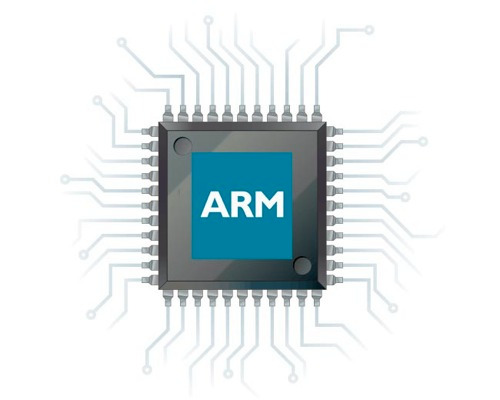01. The Aarch64 (arm64) toolchain
Well, we want to compile things. We'll be using the personal PC / laptop, which is probably running on a Intel/AMD-based x86-64 CPU architecture.
But we want to compile code for a foreign architecture: Aarch64 (also known as arm64). So we will need a cross compiler: a compiler that runs on your host but generates binary code for another target.
Cross compilers are usually named using this convention <target_arch>-<vendor>-[<os>-]<abi>-gcc. In our case, it will be aarch64-none-linux-gnu-gcc:
- aarch64: The target architecture; ARM 64-bit (why isn't it called this way? don't ask us :( …).
- none: The toolchain supplier. Here, we're dealing with the official cross compiler from ARM so the vendor is not relevant.
- linux: The target OS (this filed is optional).
- gnu: The Application Binary Interface (ABI) defining how the generated code will interact with other software components. Don't mistake this for gnueabi, which is meant to generate bare metal code.
Step 0. Download the toolchain
Identify the correct toolchain and download it from here. Yes, you can also install it with your package manger but it's always better to have a project-specific copy. New compiler releases are known to sometime break the build process.
After extracting it, consider exporting the compiler's prefix (aarch64-none-linux-gnu-) from your newly downloaded toolchain as the CROSS_COMPILE environment variable. Otherwise, you will have to specify the full path of the cross compiler every time when invoking a script. E.g.:
export CROSS_COMPILE=/absolute/path/to/compiler/bin/aarch64-none-linux-gnu-
# now you can use the cross compiler as such:
"${CROSS_COMPILE}gcc" ...
# make will inherit this value, so no need to add a CROSS_COMPILE
# when invoking it from your terminal ;)
make
But beware: export only affects the terminal it's run from (so run it in each one :P)!
/home/user/arm-summer-school/ ├── toolchain/aarch64-none-linux-gnu/... ├── imx-atf/ # ARM Trusted Firmware code ├── firmware/ # NXP IMX proprietary firmware BLOBs ├── u-boot-tn-imx/ # U-Boot source code ├── imx-mkimage/ # IMX mkimage scripts ├── Makefile # your makefile, highly recommended! :P └── ... # and many others to come!

